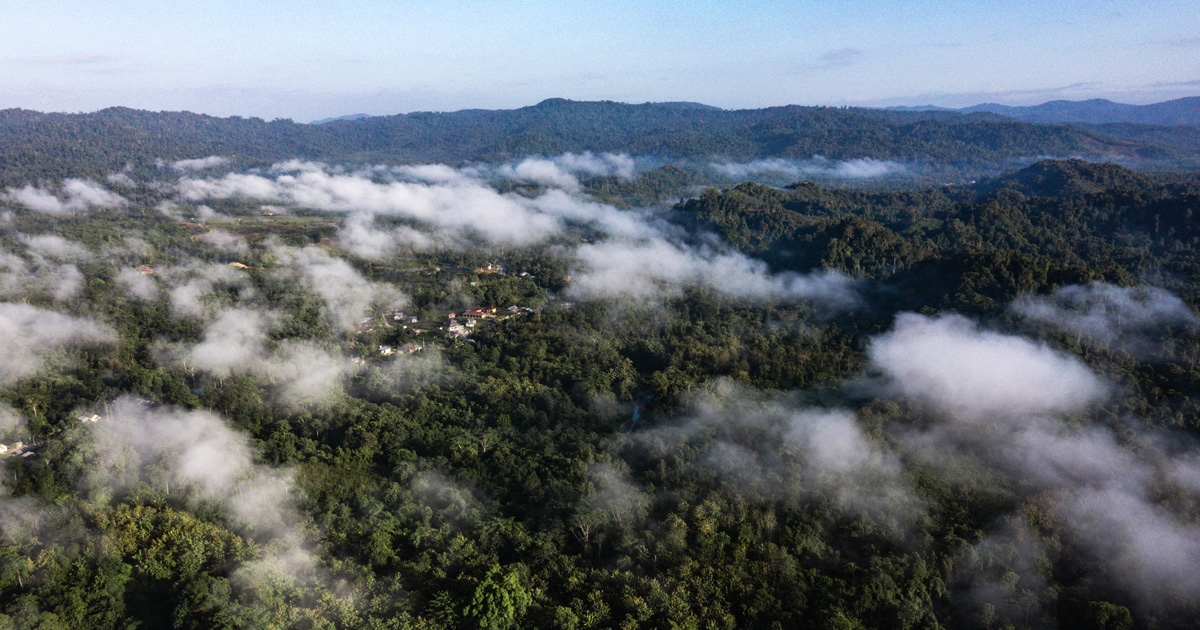The Convention on International Trade in Endangered Species of Wild Fauna and Flora (CITES) prohibits commercial trans-national trade in pangolin specimens. However, African pangolins are continually trafficked to Asia for traditional medicine, with Nigeria considered a key hub. Using reported Nigeria-linked pangolin seizure data and interviews with Nigerian law enforcement officials, we a) characterised Nigeria's involvement in global pangolin trafficking January 2010–September 2021, particularly observing trafficking trends after pangolin's CITES Appendix I listing; b) estimated the minimum number of pangolins whose scales are in Nigeria-linked seizures January 2010–September 2021, and; c) assessed ongoing efforts within Nigeria to curb pangolin trafficking. Nigeria-linked seizures involved 190,407 kg of pangolin derivatives (99.9% scales) from a minimum of 799,343 pangolins (95% confidence interval; 625,944-996,353) of four species (see caveats in Methods). All shipments confiscated in transit were destined for Asia, with a rapid increase in the mass of maritime shipments over time. Furthermore, stockpiling of pangolin derivatives for overseas shipment is perhaps a prominent trafficking model in Nigeria. Nigeria's law enforcement efforts improved from 2017, the same year Nigeria apparently began playing a hub role. The impact of pangolin's CITES Appendix I listing on pangolin trafficking was unclear, as the marked rise in seizures from 2017 when the listing became effective, coincided with improvements in Nigerian law enforcement efforts. COVID-19–induced travel restrictions likely reduced trafficking activities in 2020 but activities may have fully resumed in 2021. This study provides new information to inform effective enforcement and policy formulation efforts to protect African pangolins.
Download:
DOI:
https://doi.org/10.1016/j.biocon.2021.109365
Altmetric score:
Dimensions Citation Count:
























